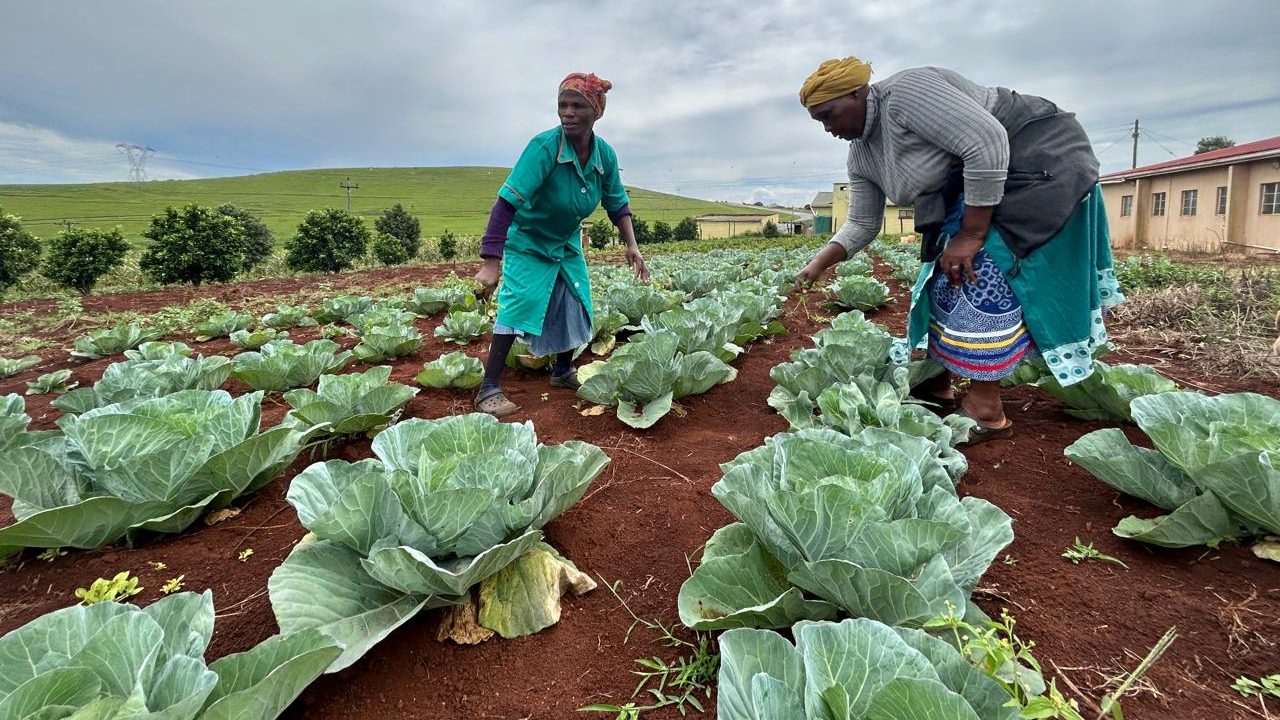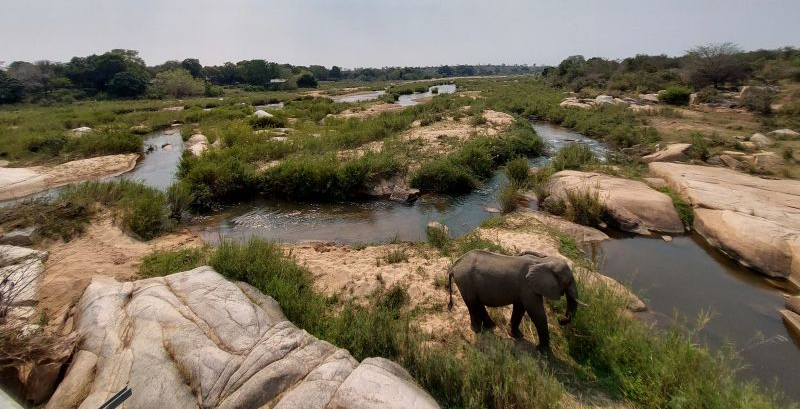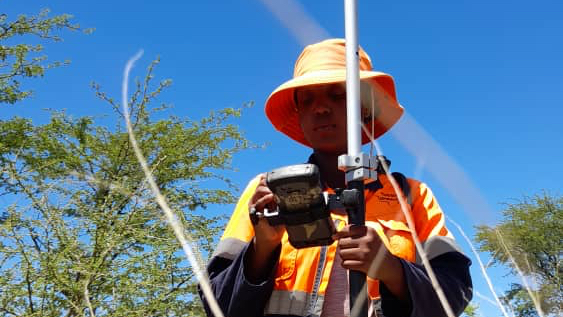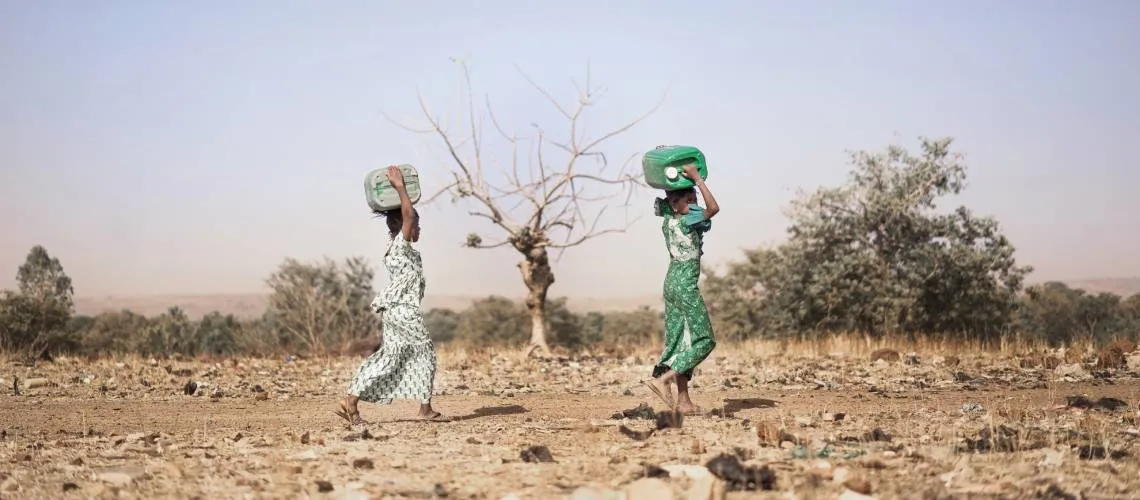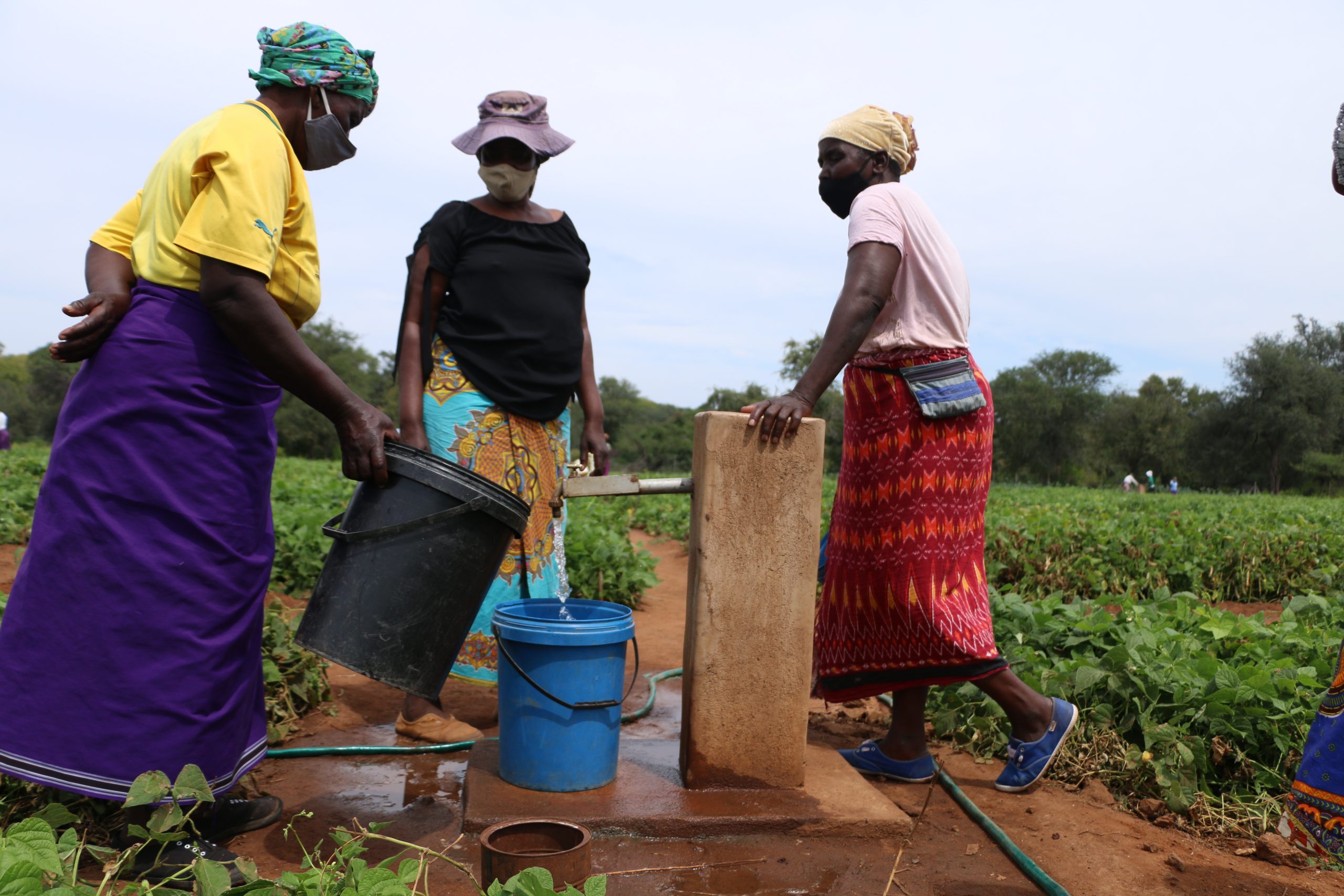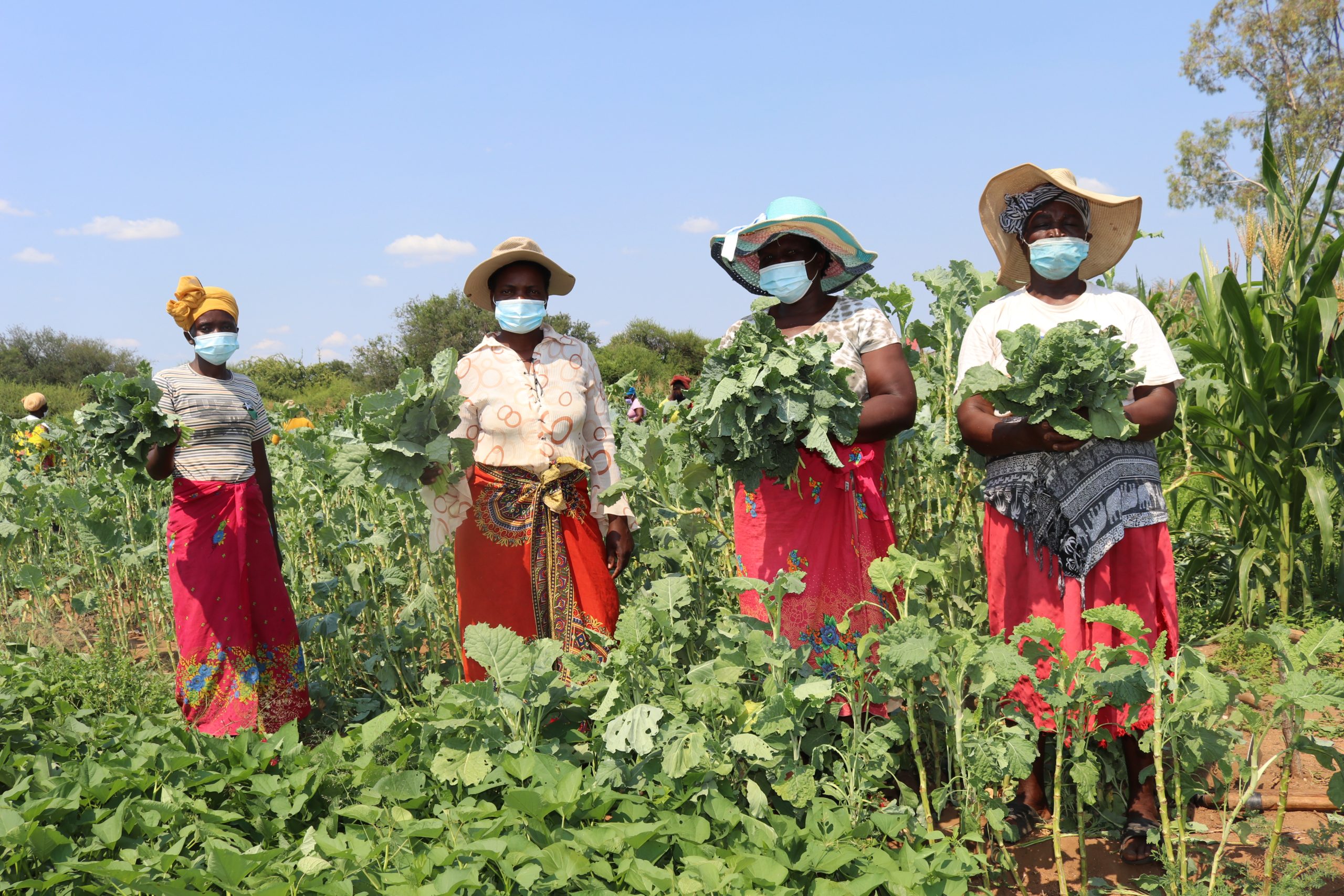Namibia: Bridging the Gender Gap in Groundwater Resources Management
Posted in : Blog on 20 November 2024
In the field of groundwater resources management, a pressing question often emerges: are we truly equipping women with the necessary tools and opportunities to thrive, or are we simply attempting to plug the gender gap without tackling the root causes of gender inequality and discrimination? Despite considerable progress in gender equality across various sectors, including […]
Mfundo Macanda: Developing climate- smart agriculture in the Eastern Cape
Posted in : Blog on 15 May 2024
To develop inclusive and sustainable agriculture, the Eastern Cape Provincial Government turned to the World Bank and SADRI, a CIWA technical assistance that addressed cross- border drought risks, improved cooperation, and created a holistic vision of drought-risk management throughout Southern Africa.
Eddie Riddell: Improving livelihoods in Southern Africa
Posted in : A View From The Field on 16 April 2024
The Pafuri-Sengwe Node of GLTFCA spans regions in three countries— Mozambique, South Africa, and Zimbabwe. The area is rich in bird species and big game such as elephants, and ecotourism is a major source of income. Pafuri-Sengwe encompasses the Limpopo River, whose seasonality limits livelihoods and leads to water and food insecurity for those living […]
Matlhogonolo Mmese: An aspiring hydrogeologist in Botswana
Posted in : Blog on 5 February 2024
Thanks to work on transboundary aquifers, like the study led by Matlhogonolo Mmese, a better understanding of regional groundwater is possible. Read her story.
Building regional drought resilience is a marathon, not a sprint: Lessons from Southern Africa
Posted in : Blog on 13 September 2023
The cross-sectoral approach to drought analytical work embodied by the Southern Africa Drought Resilience Initiative technical support program – SADRI – provides a new model for engagement in Southern Africa and regions beyond.
Overflowing with biodiversity: protecting the Great Limpopo Transfrontier Conservation Area
Posted in : Latest on 11 June 2023
In the Great Limpopo TFCA (Transfrontier Conservation Area), which straddles Mozambique, South Africa, and Zimbabwe, sits the Pafuri-Sengwe Node, a geography highly susceptible to both drought and poverty. These threaten livelihoods and leave communities less equipped to support biodiversity protection. Through CIWA’s Southern Africa Drought Resilience Initiative (SADRI), the World Bank supports work to identify […]
Cubango-Okavango Basin Sustaining a Crucial Water Source for the Living
Posted in : Latest on 11 May 2023
The environmental integrity and long-term protection of the Cubango-Okavango River Basin depend on addressing the underlying drivers of poverty. Accelerated environmental changes in the basin are largely driven by four factors – population dynamics, land use change, poverty, and climate change – leading to deterioration in water quality, changes in the flood pulse and diminishing […]
Conservation and Protection of the Cubango-Okavango Basin in Southern Africa
Posted in : Podcast on 5 June 2022
Listen to CIWA’s Senior Water Management Specialist, Aleix Capdevilla, to know more on this region of Southern Africa and discover how CIWA is supporting the transboundary water cooperation in Cubango/Okavango River Basin and to better understand the importance of preservation and conservation in that region.
Groundwater at the heart of the Water Security Equation
Posted in : Blog on 22 March 2022
In light of World Water Day (March 22), James Sauramba, Executive Director of the Southern Africa Development Community-Groundwater Management Institute (SADC-GMI), turns our attention to the important of groundwater.
Providing Water for Food Security to Local Communities in Botswana and Zimbabwe
Posted in : Latest on 21 March 2022
In Botswana, a total of 7094 community members benefited from the community gardening project. The water supply and community gardens that were rehabilitated as part of the project drastically improved their water and food security.




